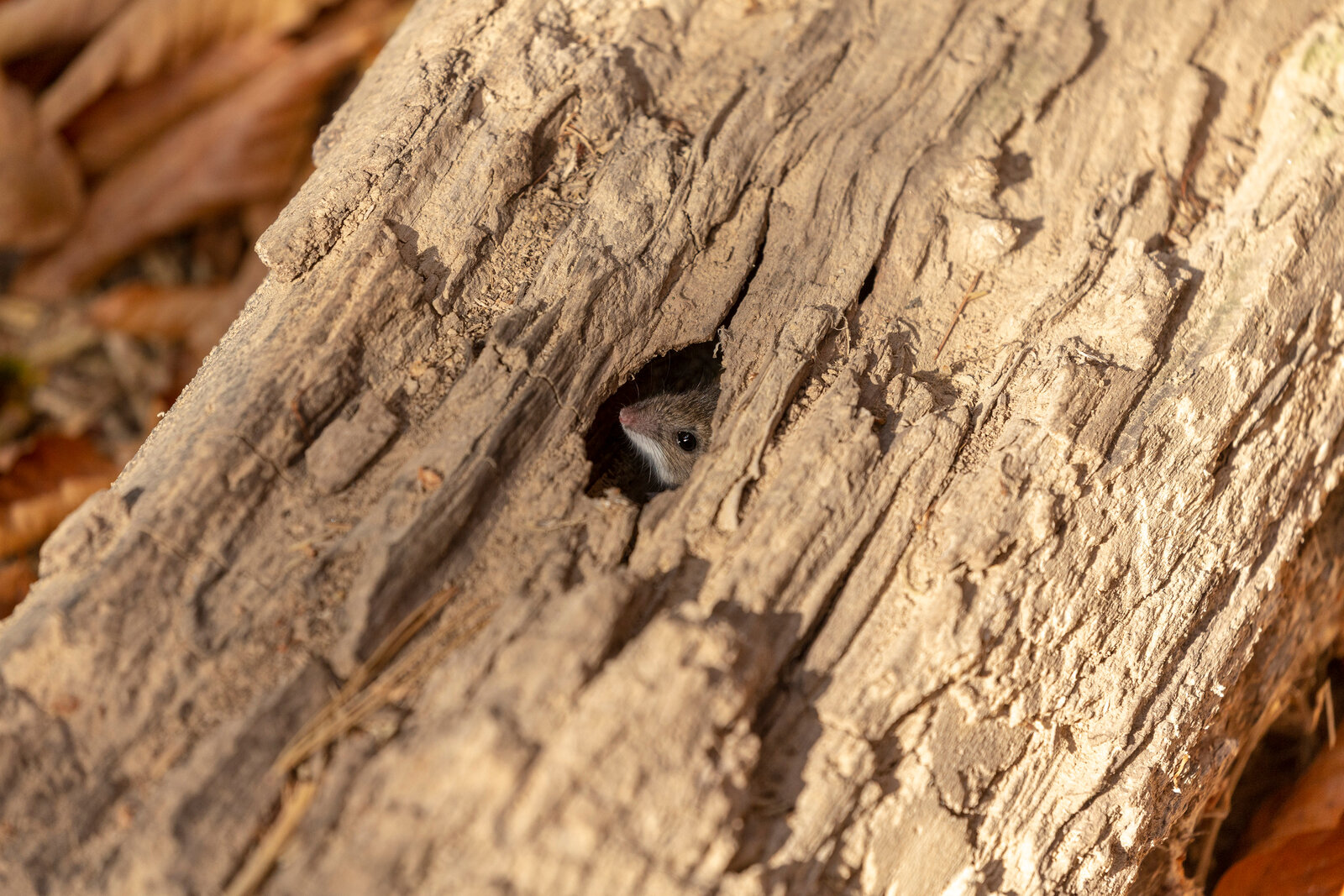Smaller species are better equipped for adapt to climate change

Smaller creatures more likely to survive a warming planet: Species that are smaller, more widespread, and less complex — such as deer mice or acorn ants — have a better chance of surviving the Earth’s warming climate, National Geographic explains, citing a number of studies. One reason is the ability to develop mutations to help them survive a rapidly warming environment due to small species with larger populations having “greater genetic variation for tinkering,” given they can reproduce much faster than larger species. For example, bacteria can reproduce six times a day, while a blue whale can take up to 15 years to reproduce.
But not all can take the heat when given the option: Lizards living on the edges of Caribbean forests — with the option to move between warmer and cooler spots — did not bother changing their metabolism when temperatures increased, diminishing their future generations’ ability to do so, a study by biology professor at Yale University in Connecticut Martha Muñoz and colleagues found. On the other hand, lizards living deeper in the forest increased their baseline heat tolerance and were better able to survive. However, Muñoz warns that evolutionary changes “will not be nearly quick enough to keep up with the rate of our planet’s warming.”